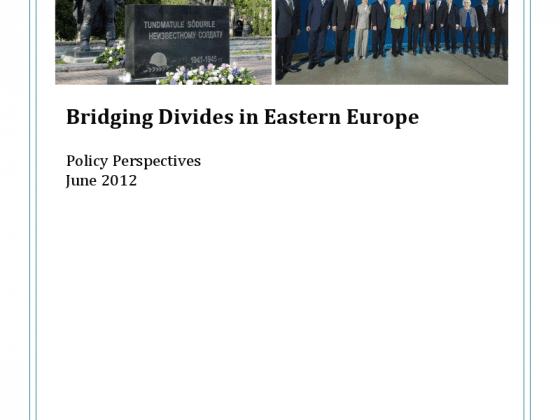In recent years many American investors have targeted direct investments in Russia toward small start-up companies that are spin-offs from old Soviet enterprises. These investments have been encouraged by several US government programs, particularly the provision of political risk insurance by the US Overseas Private Investment Corporation (OPIC), and the sharing of business advice and Russian company information by the US Commerce Department.
The economic reasoning behind such investment is clear. These small companies tend to be managed by dynamic individuals who are savvy about the realities of the Russian market and about government regulation and taxation. Their overhead is low and their expenditures are easily monitored in comparison with larger factories remaining from the Soviet era, making due diligence background checks easier and more reliable. All of these things limit the business risks investors face.
Yet investment by American and other Western firms in Russian spin-off companies carries with it a set of negative political consequences for future Russian relations with the West which the foreign firms are unlikely to recognize. These political costs are unlikely to affect Western investors directly in the short term, since they are not reflected in the cost of doing business with any particular partner. Instead, they have begun to hurt investors in the long term by engendering distrust of Western motives (and of capitalism in general) among the Russian population as a whole. […]









